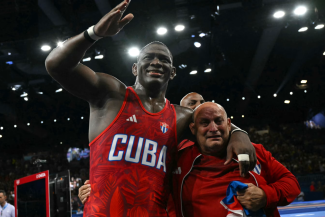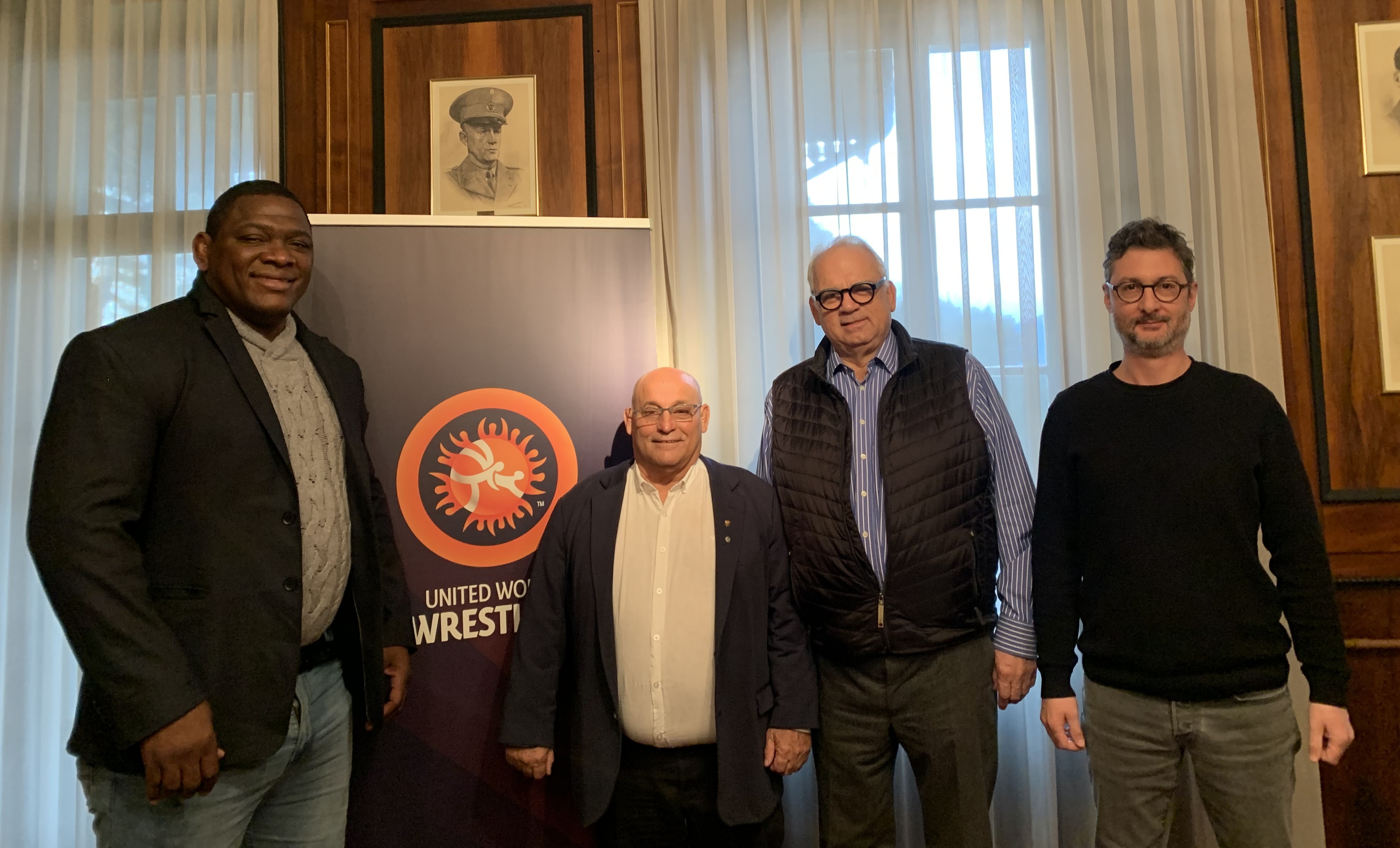UWW Hall of Famer, Two-Time Olympic Champ Andiyev Passes Away
Tuesday, November 27, 2018 - 18:08 By United World Wrestling Press

United World Wrestling Hall of Famer Soslan ANDIYEV, a two-time Olympic champion, passed away on Thursday, Nov. 22, in a hospital in Moscow. He was 66.
Andiyev was born on April 21, 1952, in Vladikavkaz, North Ossetia. He graduated from Gorsky State University, majoring in economics.
He helped the Soviets win a World Cup title in 1973 by defeating Olympic medalist Chris Taylor of the United States in the final match. That same year Andiyev earned a spot on the Soviet Union's freestyle wrestling team. He went on to claim seven titles at the Soviet Championships (1973-78, 1980), four world championships (1973, 1975, 1977-78) along with a silver at the 1974 World Championships, and three European Championships (1974-75, 1982).
Andiyev won gold medals at the 1976 Montreal Olympics and the 1980 Moscow Olympics competing in the superheavyweight division. He did not compete at the 1984 Los Angeles Olympic Games because of the Soviets' boycott.
Between 1985 and 1989 he worked as a national wrestling coach. Andiyev later became a Minister of Sports of North Ossetia before serving as Vice President of the Russian Olympic Committee (ROC). He was also a member of the Executive Committee of the ROC.
A memorial service was held on Nov. 24, in Vladikavkaz, North Ossetia.



Share your thoughts.
Comments